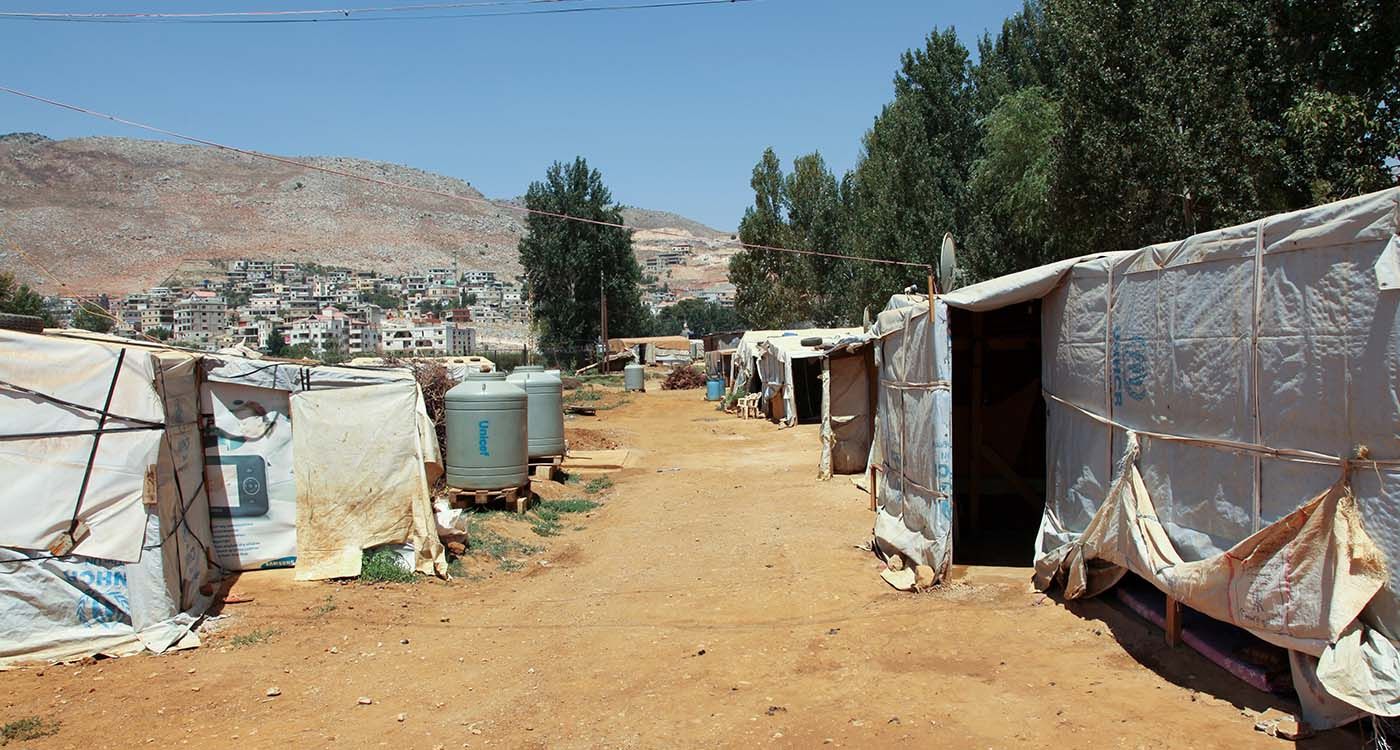
The Lebanese government has renewed its focus on the issue of displaced Syrians, designating it a top national priority amid the mounting pressure the crisis places on the country’s economy and social systems. In recent weeks, it has collaborated with the United Nations High Commissioner for Refugees (UNHCR) and humanitarian partners to develop a return plan. While the framework aims to bring structure to the process, it has faced criticism – particularly regarding the vested interests some key international actors, including the UN, are perceived to have in maintaining the status quo.
In an interview with This is Beirut, Lisa Abou Khaled, the spokesperson for UNHCR Lebanon, outlined the key components of the return plan. It provides logistical and financial support for refugees seeking to return to Syria – including transportation, assistance with documentation and help with resettlement. The plan was officially submitted to the Lebanese government and was expected to be approved at the most recent Cabinet meeting at Baabda Presidential Palace. However, political consensus remains fragile.
The UNHCR emphasizes its commitment to ensuring that returns are “voluntary, safe and dignified,” while underscoring that the initiative’s success will largely depend on international support. This financial reliance raises critical questions: To what extent does the UN framework genuinely serve the interests of refugees, and how much does it also reinforce a migration management system that some agencies may exploit for funding and influence?
Post-Assad Return: Momentum Meets Uncertainty
Since the fall of Bashar al-Assad on December 8, 2024, returns to Syria have accelerated. The UNHCR estimates that more than 507,000 refugees have returned, including approximately 173,000 from Lebanon. Internal surveys indicate that 27% of Syrian refugees in the region are considering returning within the next 12 months – compared to less than 2% before the regime’s collapse.
This political shift marks a major turning point, reshaping the negotiation landscape between Lebanon, international agencies and donors. However, significant questions remain about the durability of return conditions and the UNHCR’s actual influence on the ground in Syria – especially amid ongoing instability, fractured governance and damaged infrastructure.
An Operational Role on Both Sides of the Border
According to the UNHCR, the agency monitors returnees both upon arrival in Syria and over the long term. Teams are stationed at border crossings to welcome refugees, while support programs activate once they settle. In Lebanon, the UNHCR also oversees assessments of the voluntariness of departures, working in coordination with the General Security Directorate.
Yet some critics point to a troubling contradiction: while the UNHCR facilitates returns, it also benefits from the ongoing migration crisis, which in turn justifies maintaining its operations, funding and presence in Lebanon – sometimes seen as a form of interference or indirect exploitation of the country’s struggles.
Fragile Presence in Syria
The UNHCR maintains an active presence in Syria to address humanitarian needs, providing shelter, protection services, economic reintegration assistance and distributing essential supplies. The agency also supports public services and promotes self-sufficiency. However, the reality on the ground is far more complex.
Persistent underfunding in both Syria and Lebanon severely limits the impact of these programs. The UNHCR itself acknowledges that available resources fall short of meeting essential needs. While these efforts are notable, they often remain largely symbolic compared to the magnitude of the challenge.
An Ongoing Political and Humanitarian Challenge
The humanitarian situation in Syria remains critical, with vast needs in education, employment, healthcare and housing. The UNHCR is calling on the international community to intensify support, including the easing of sanctions, which the agency views as a major barrier to reconstruction. However, this stance sparks debate, as some see it as downplaying the Syrian regime’s responsibility for the country’s collapse.
Lebanon continues to bear a disproportionate burden, grappling with a shattered economy and strained institutions. While the UNHCR frames the return of refugees as a “historic opportunity,” many in Lebanon regard it as an urgent necessity – far beyond matters of dignity or logistics.




Comments